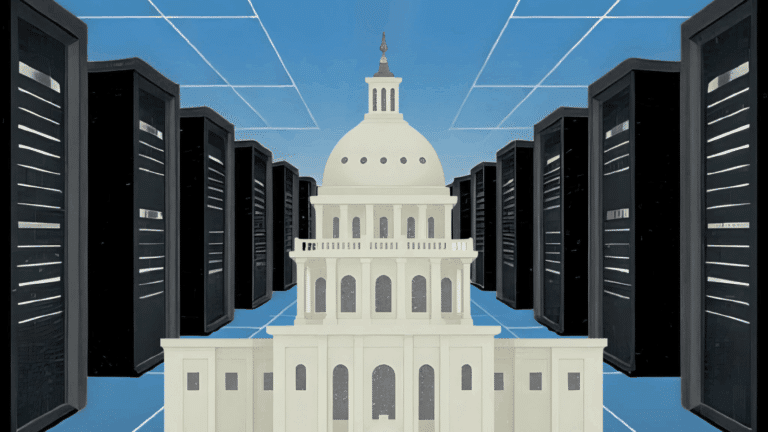This website uses cookies as well as similar tools and technologies to understand visitors’ experiences. By continuing to use this website, you consent to Columbia University’s usage of cookies and similar technologies, in accordance with the Columbia University Website Cookie Notice.
Claire Farley – The Role of Private Equity in the Energy Sector
Guest
Claire Farley
Vice Chair - Energy, KKR
Private equity groups have been increasingly active in financing energy projects in the US. KKR, a US investment firm, launched its Real Asset’s Energy Platform in 2012. The platform has since become a major player in asset-based oil and gas investing and today manages over $8.5 billion in energy and infrastructure related assets.
On a new episode of Columbia Energy Exchange, host Jason Bordoff sits down with Claire Farley, who serves as Vice Chair of Energy, advising KKR’s Energy Group. Prior to joining KKR in 2011, Ms. Farley was Co-Founder and Co-CEO of RPM Energy LLC, a privately-owned oil and natural gas exploration and development company, which partnered with KKR. Throughout her career, Claire has held numerous roles in the oil and gas industry and started her career at Texaco.
Claire and Jason caught up in Houston to discuss her views on the outlook for the energy industry, particularly shale oil and gas, and how private equity investors work around the cyclical nature of the industry.
Other topics include the underrepresentation of women in the oil and gas industry; the role that private capital can play in investing in clean energy and ‘impact investing’, the role that technology can play in the industry (e.g. artificial intelligence and re-fracking), and the growing demand for low carbon energy sources.
More Episodes
Laura Holgate on the Promise and Perils of Nuclear Innovation
The Trump administration has prioritized nuclear energy expansion, aiming to increase US nuclear capacity fourfold by 2050. This nuclear energy resurgence in the US is a rare issue...

Jigar Shah Wants to Depoliticize Energy
As political support for clean energy has waxed and waned over the past twenty years, so has the government’s financial backing. In the 2010s, critics pointed to the...

Michael Webber on What’s Behind Rising Energy Costs
With electricity prices on the rise, the future of our power grid is attracting a lot more attention. Surging demand is at the center of the story, but...

Reporters’ Roundtable: What’s Driving US Energy Policy News in 2026?
From the affordability crisis and the data center boom, to the US government’s campaign to reinvigorate the Venezuelan oil market, energy is dominating headlines in unusual ways. And...

Relevant
Publications
Data Centers and Their Energy Use: Trends in State Capitals
From the east to west and north to south, in red states and blue states, attention to data centers is skyrocketing in state capitals across the United States.

Is a Libyan Oil Revival Underway?
Libya's bid round for new oil and gas exploration and production highlights its potential revival as a major oil producer.

Carbon Competitiveness: Industry Steps Up as Global Priorities Shift
Economic, political, and fiscal realities have shifted energy policy priorities across the globe toward the goals of affordability and competitiveness.

Six Key Issues That Defined Climate Week 2025
CGEP scholars reflect on some of the standout issues of the day during this year's Climate Week


